We are sometimes asked if it is better to calibrate process instruments in the field, or in a calibration workshop. It is obviously impossible for us to give a correct generic answer for that question. The right answer for each application depends on various things. In this post I have listed a few common arguments for both field calibration and workshop calibration.
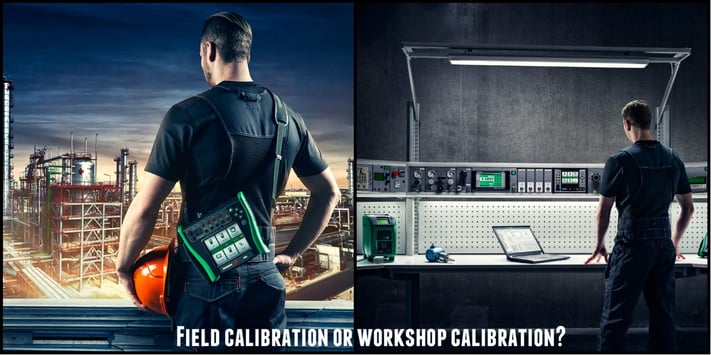
Terminology - in this post the term "field calibration" means using portable calibration equipment and going into the factory to calibrate the process instruments on site. The term “workshop calibration” means removing the process instruments from their current location and taking them into a workshop to calibrate them there, with stationary calibration equipment.
Field calibration
Here are some of the most typical reasons for calibrating in the field
- If you want to calibrate the whole measurement loop in one go, starting from the measurement point in the field to the control room display, you need to go out in the field to start from the process sensor/transmitter. In that scenario, often only if the total loop has too big an error, then the individual parts of the loop need to be calibrated separately.
- If you don’t want to or cannot remove the instrument from its installed location, then you should perform the calibration in the field.
- Calibrating in the field assures that the instrument is calibrated in the same actual field conditions where it is also used.
- Field calibration can be a more effective way to calibrate, assuming that the field instruments have been installed and designed so that the calibration access is easy to do in the field.
- For many quantities, there are convenient portable calibration equipment available.
- Field calibration seems to be the more commonly used method.
Workshop calibration
Common arguments for workshop calibration:
- If you calibrate instruments during the commissioning phase, when the instruments are not yet installed in the field, it is more convenient to calibrate instruments in a dedicated calibration workshop.
- If your requirement is for best possible uncertainty, it is often easier to get better total uncertainty in a workshop than out in the field. This is achieved using dedicated stationary high-accuracy calibration equipment and controlled environmental conditions and processes in the workshop.
- If you use rotating spares, or want to calibrate loose spare devices before installing them into field, this is practical to do in a workshop.
- If you want to achieve accreditation for your calibration work, it is easier to get accreditation for calibration performed in a calibration lab/workshop, than out in the field.
- Sometimes the actual field conditions can be very challenging/harsh to perform calibration in, and in that case it is better to make it in workshop.
- When you want to calibrate your portable working standard calibration equipment using your reference standard equipment, this calibration is often done in the workshop.
- In a dedicated workshop, all equipment is always in its place and ready for use. Also it can be made ergonomic and convenient to use.
Summary
Often the most effective calibration process is a combination of field calibration and workshop calibration. Some instruments are calibrated out in the field using portable calibration equipment, while some calibrations and services are performed in the dedicated workshop.
Even though this post was pretty short, I hope it offers some food for thought.
And please let me know if you have any own examples of when it is most convenient to calibrate in the field versus in a workshop.
Yours in blog,
Heikki
Heikki Laurila is Product Marketing Manager at Beamex Oy Ab. He started working for Beamex in 1988 and has, during his years at Beamex, worked in production, the service department, the calibration laboratory, as quality manager and as product manager. Heikki has a Bachelor’s degree in Science. Heikkis family consists of himself, his wife and their four children. In his spare time he enjoys playing the guitar.
Still not sure if field calibration or workshop calibration is the right choice for you?
Read our white paper to learn more.
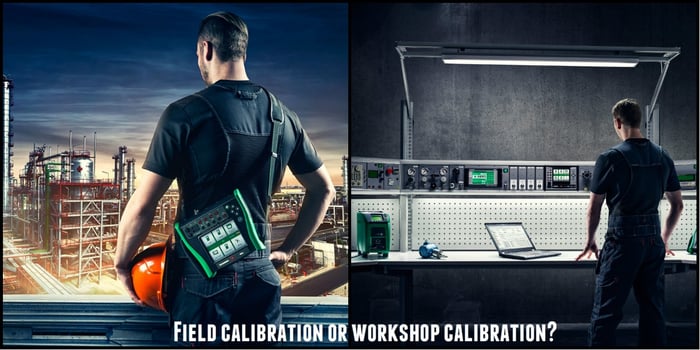

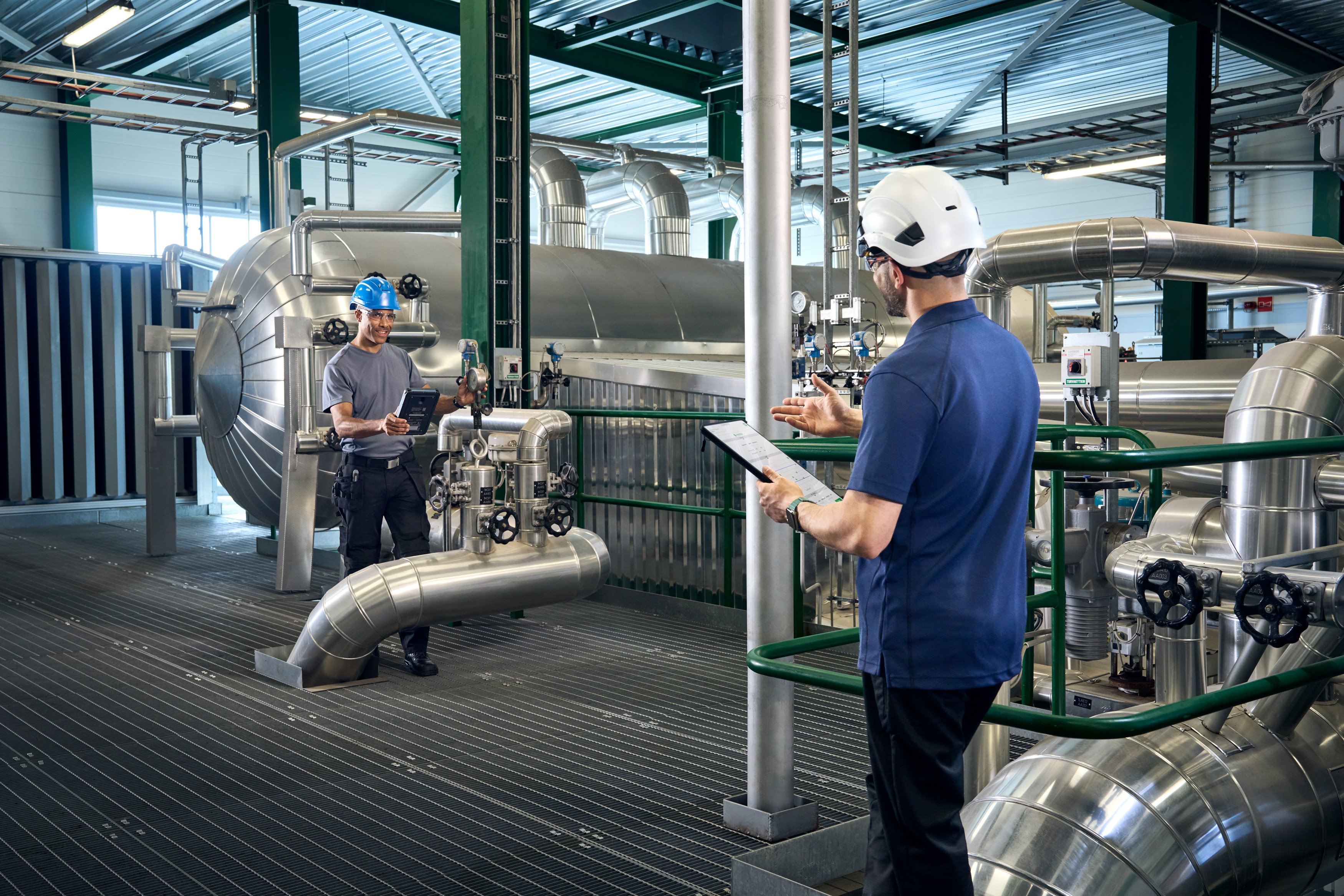

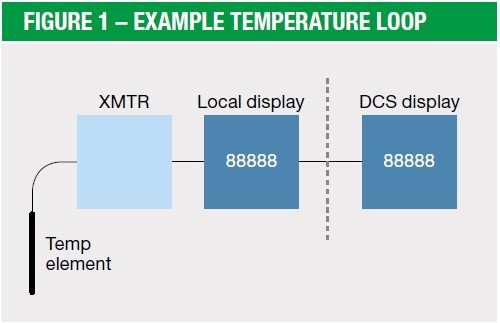
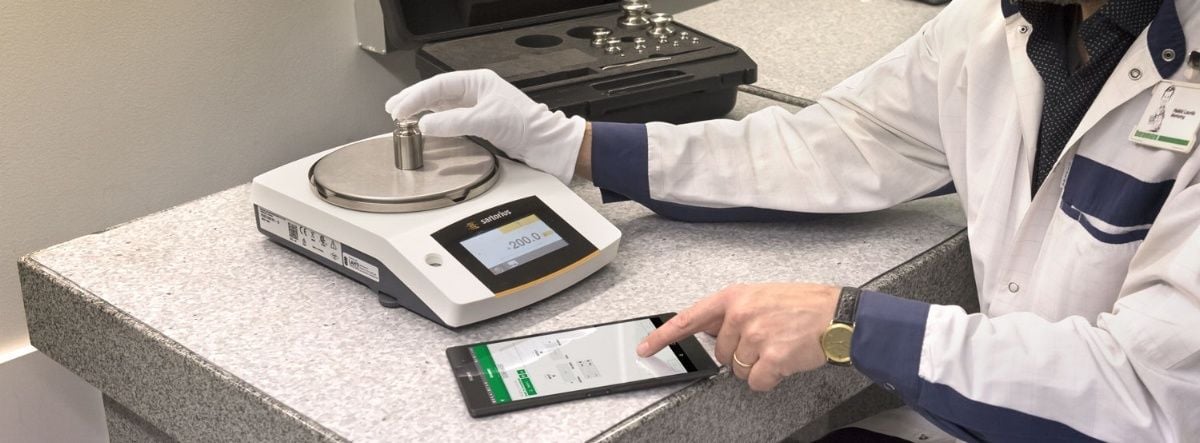
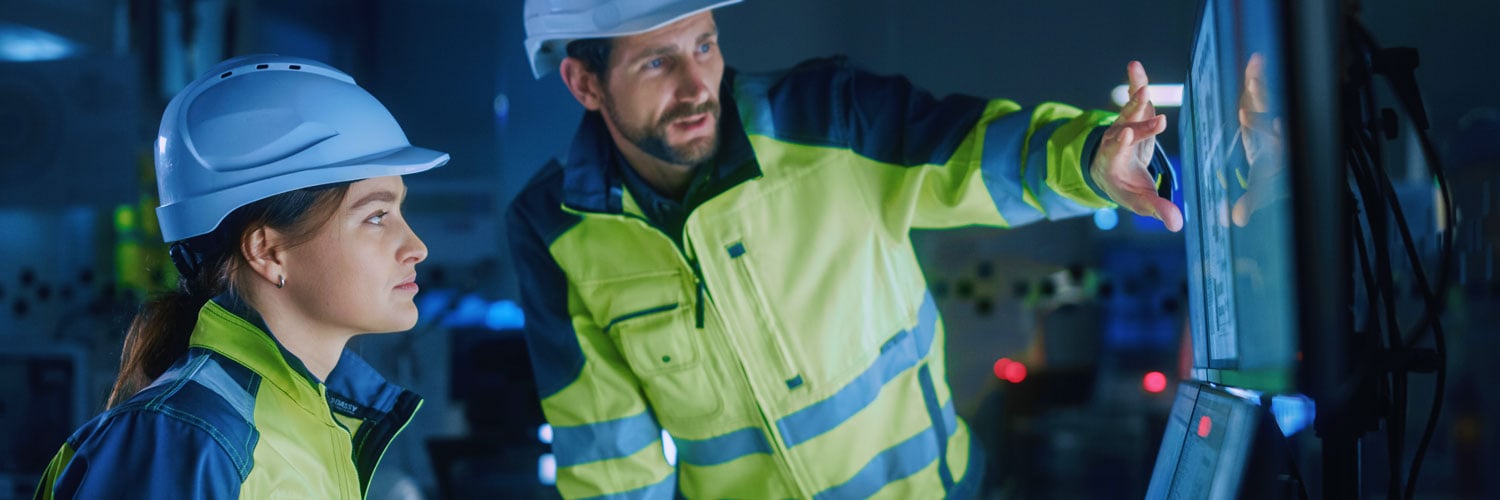
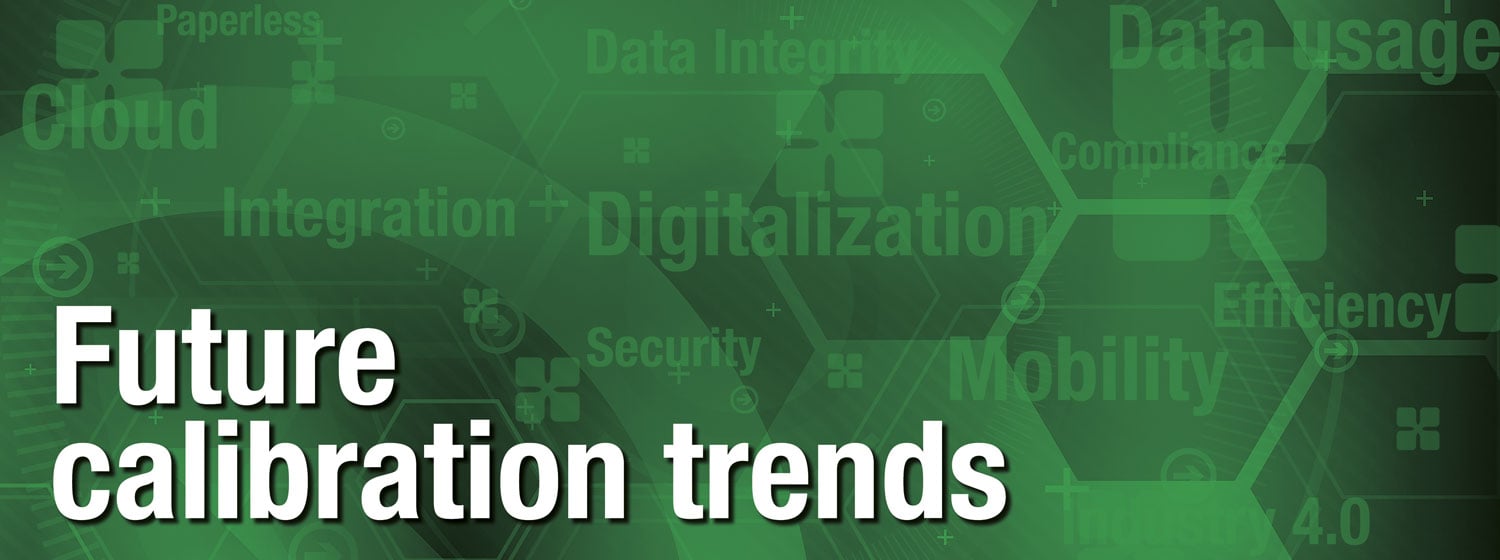

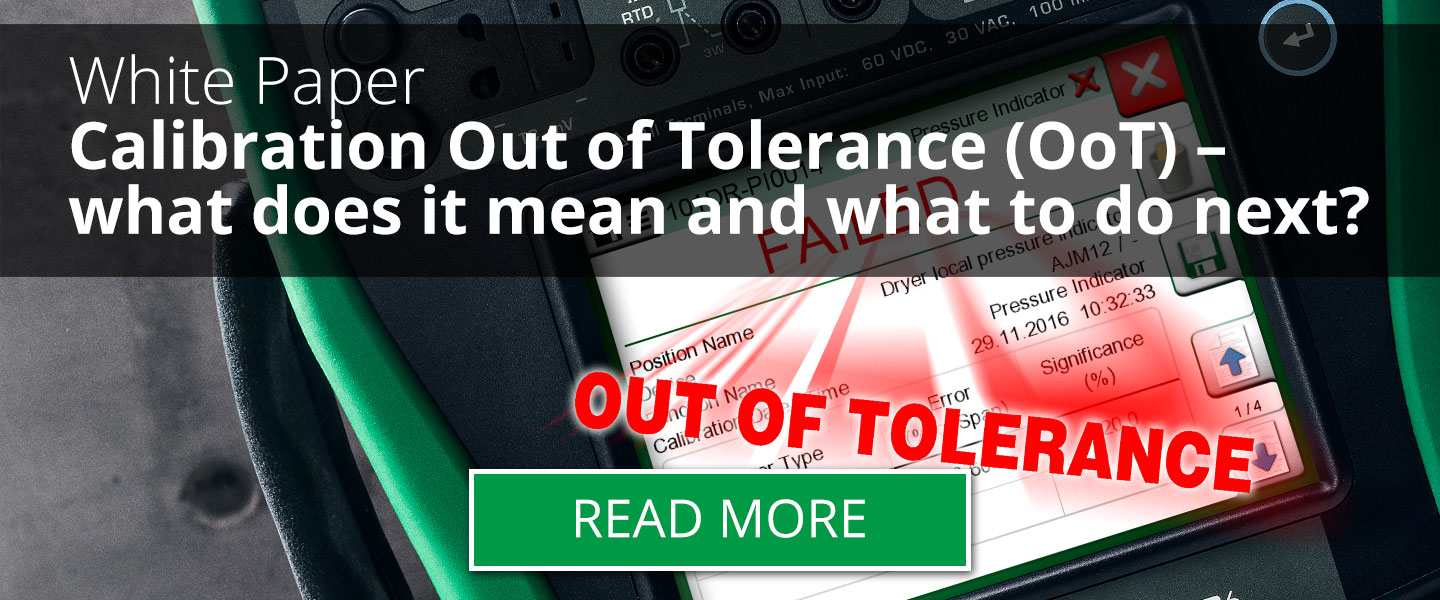
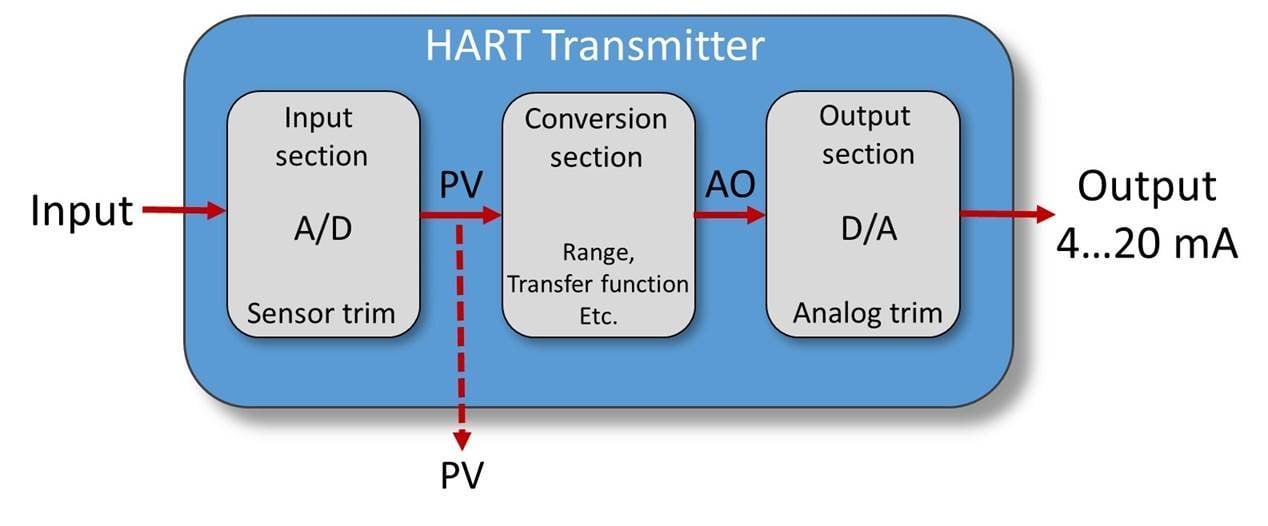

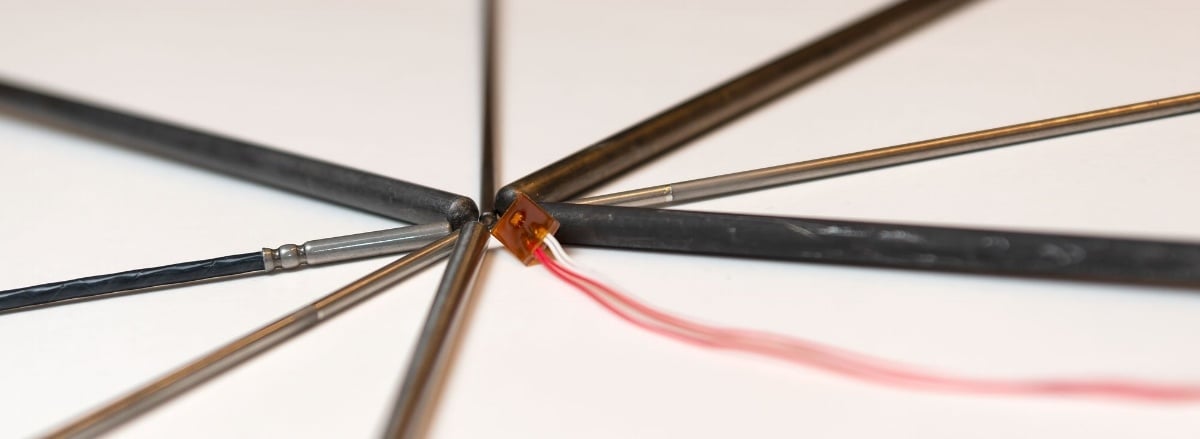
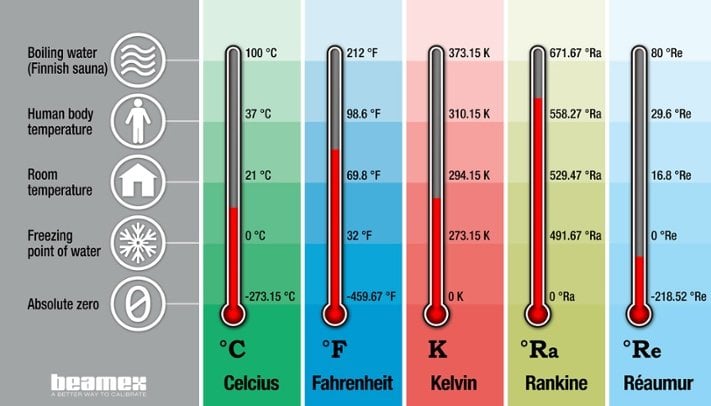
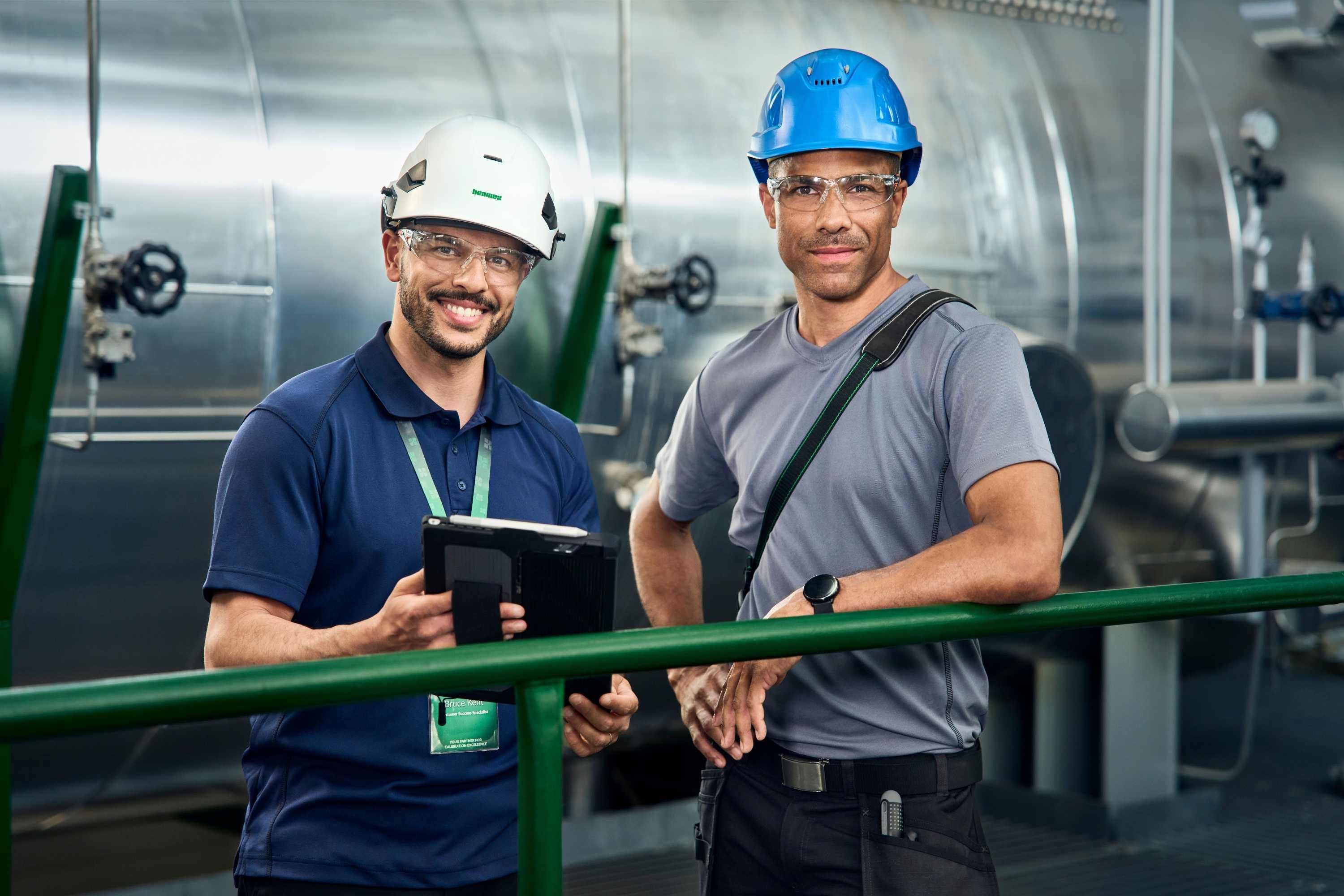

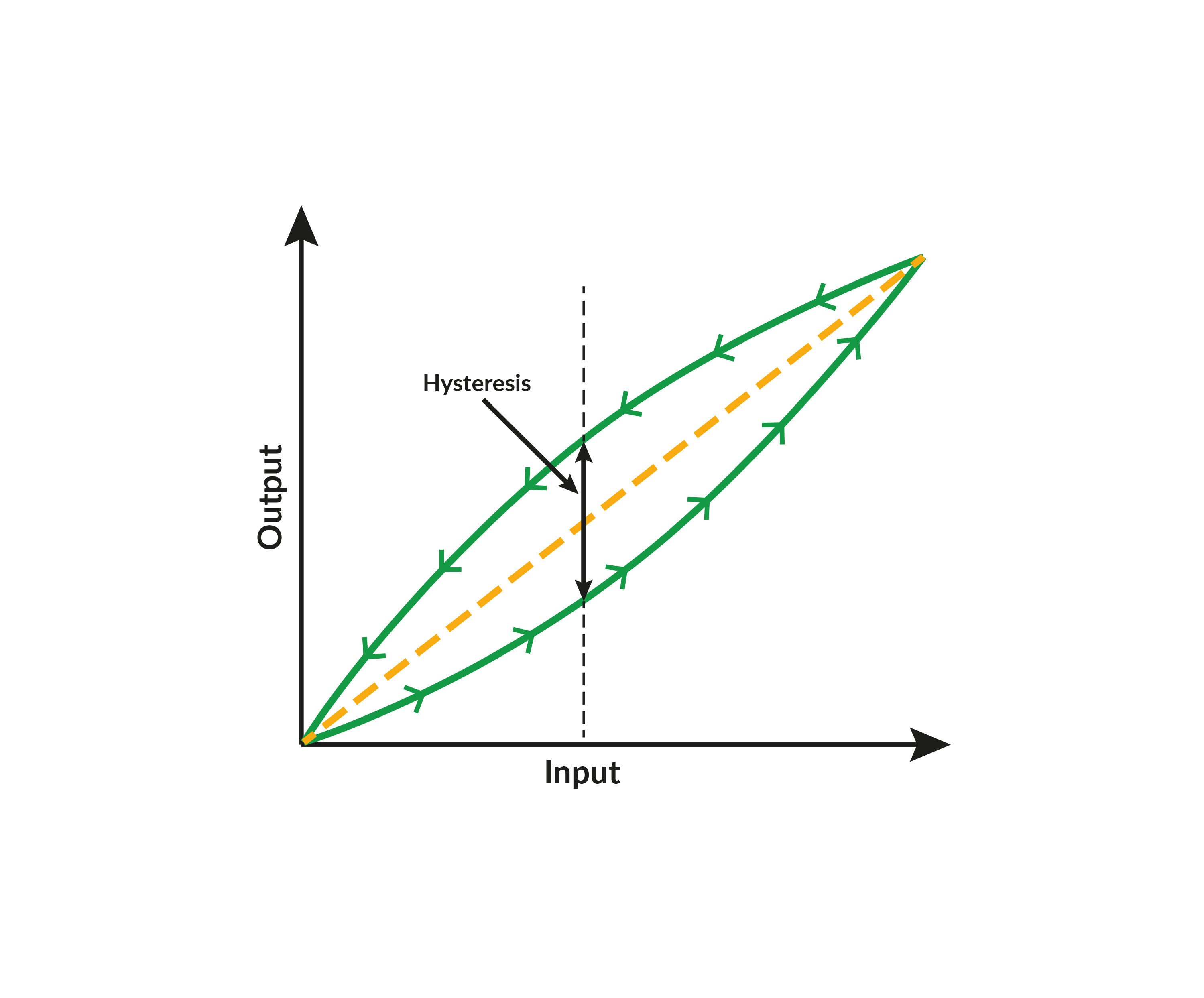
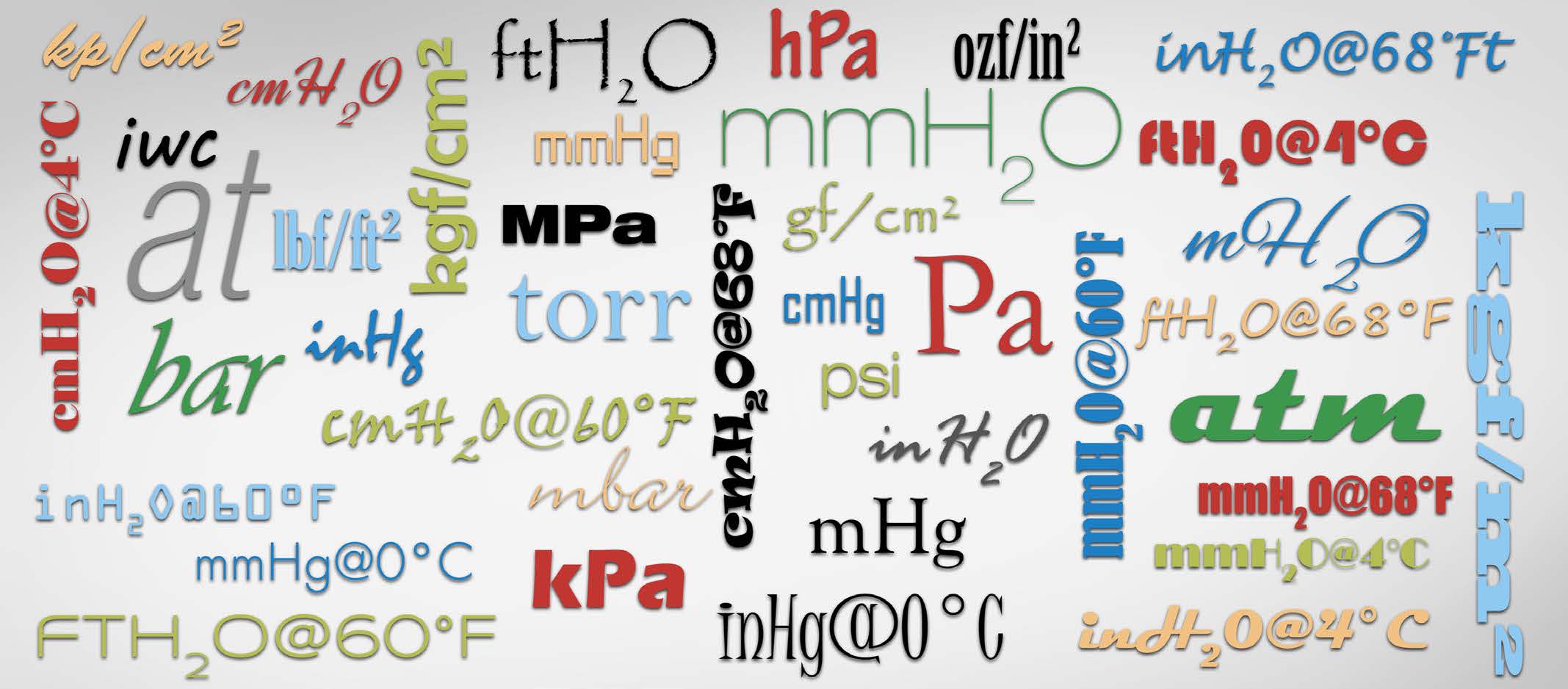
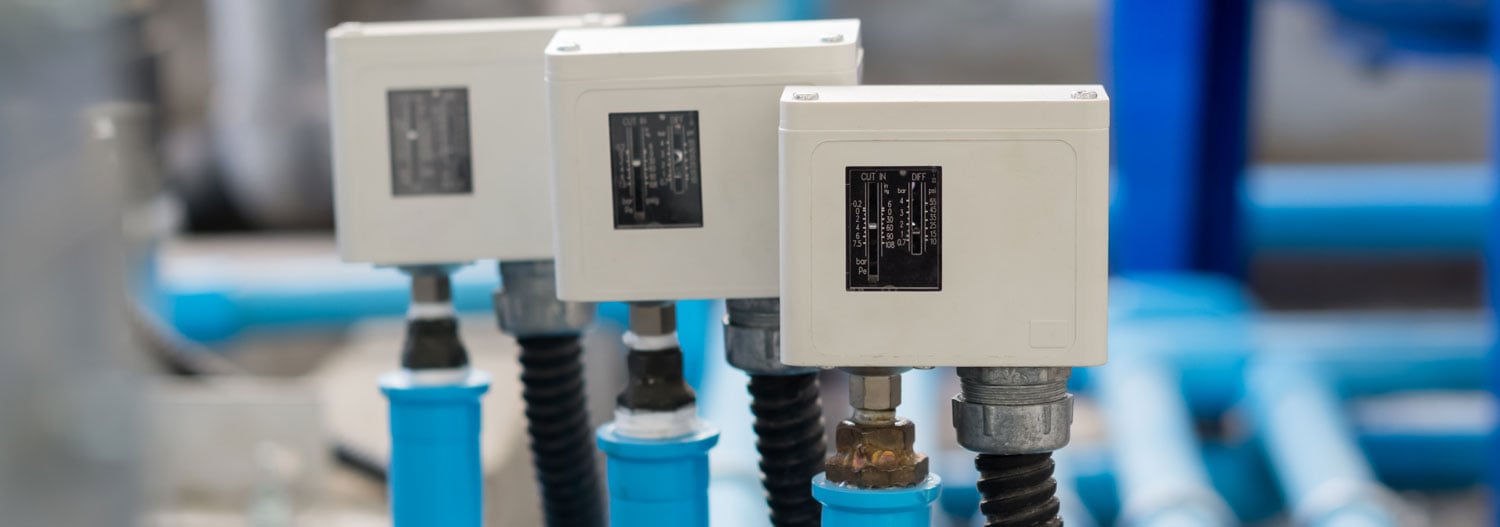
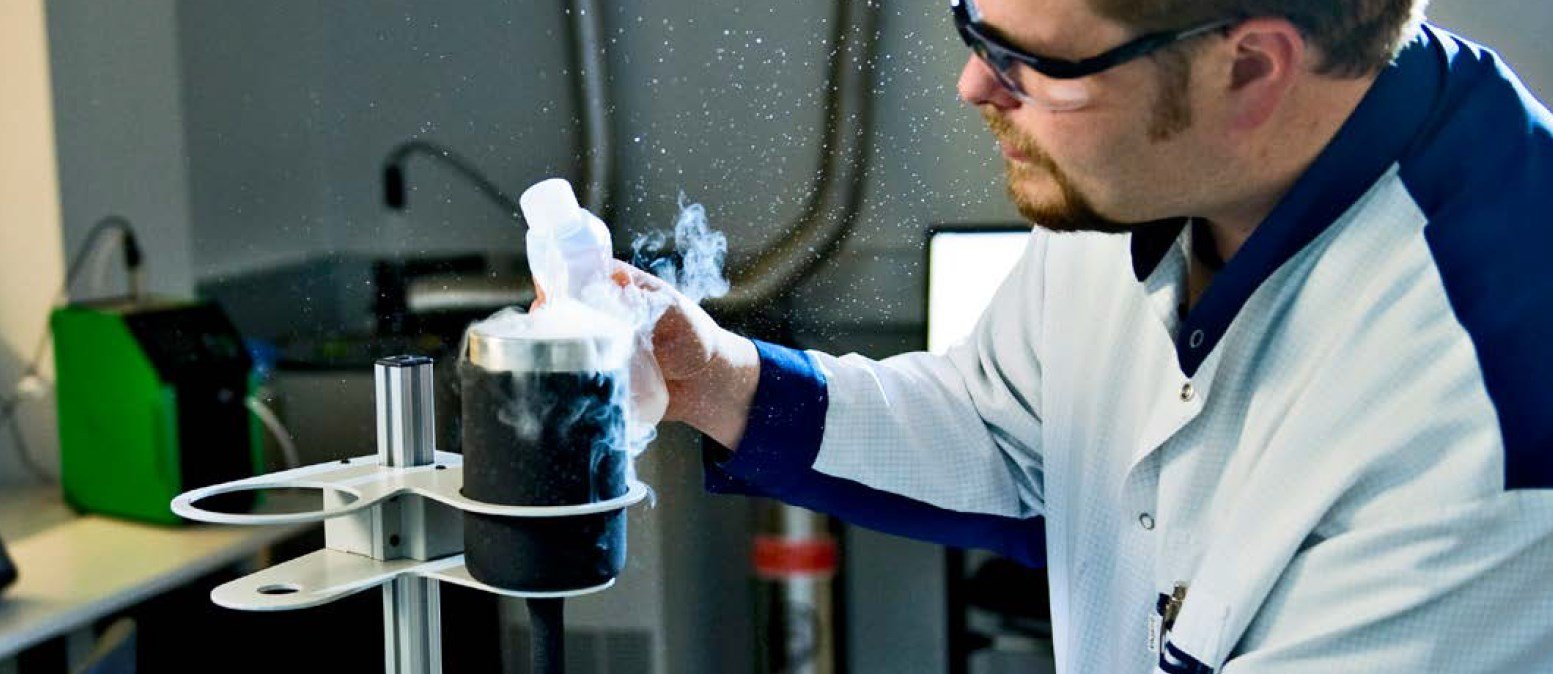

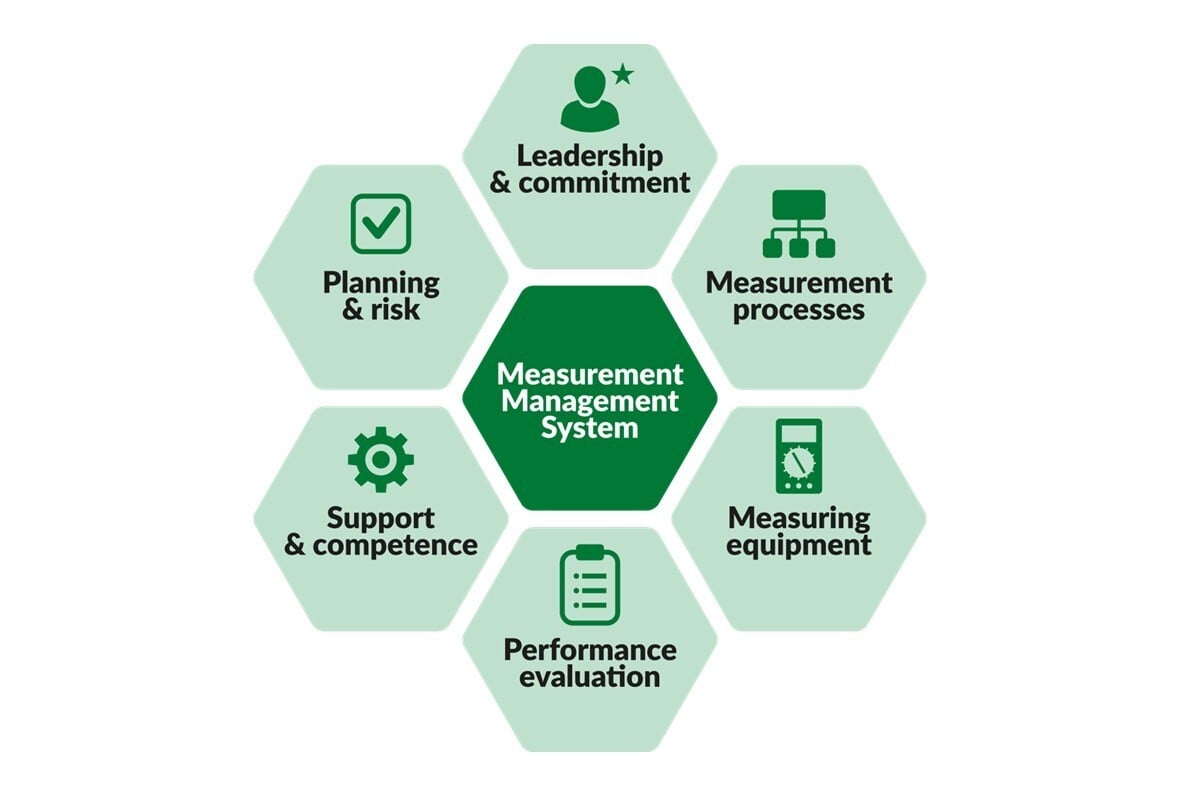
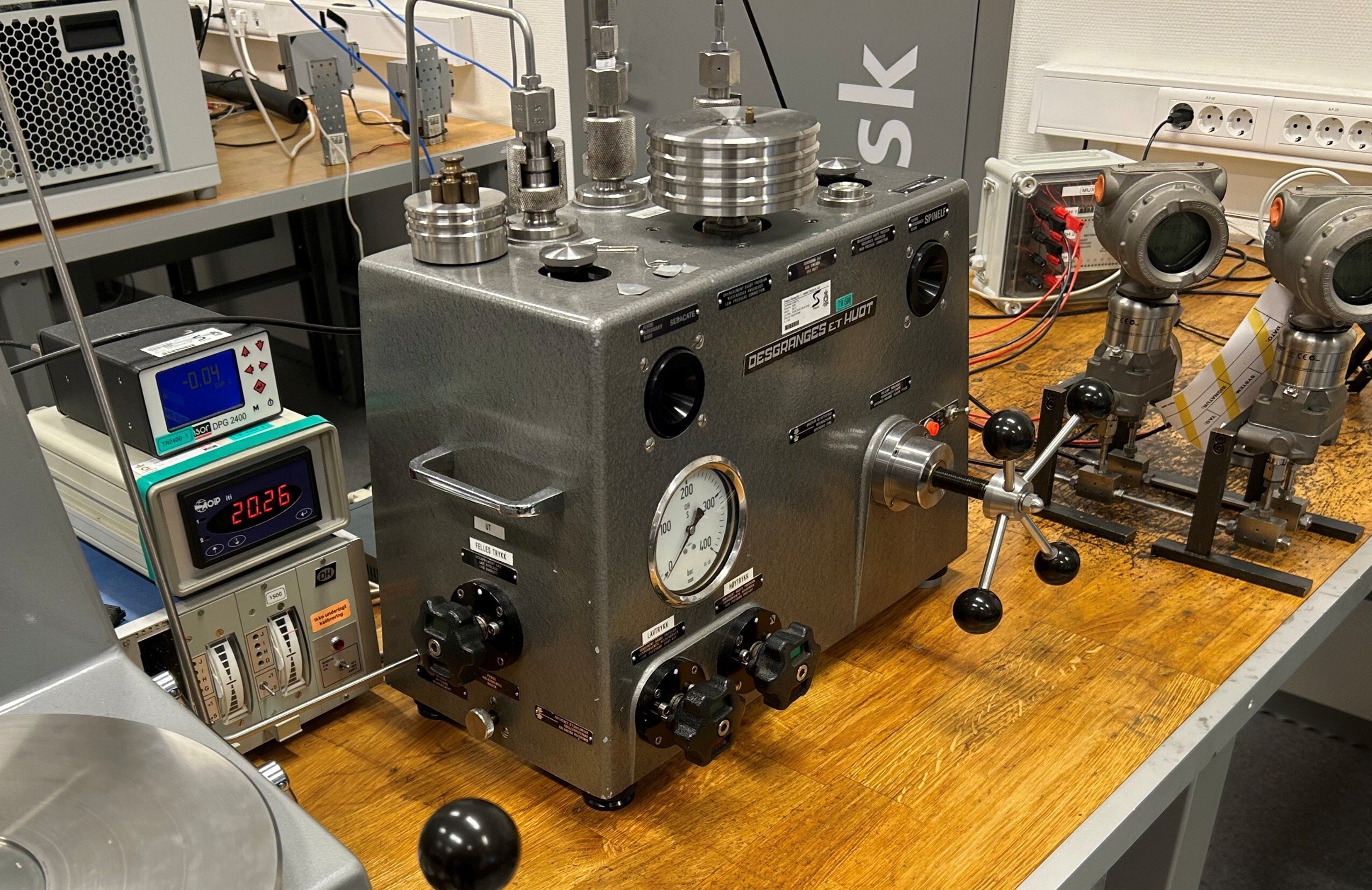
.jpg)
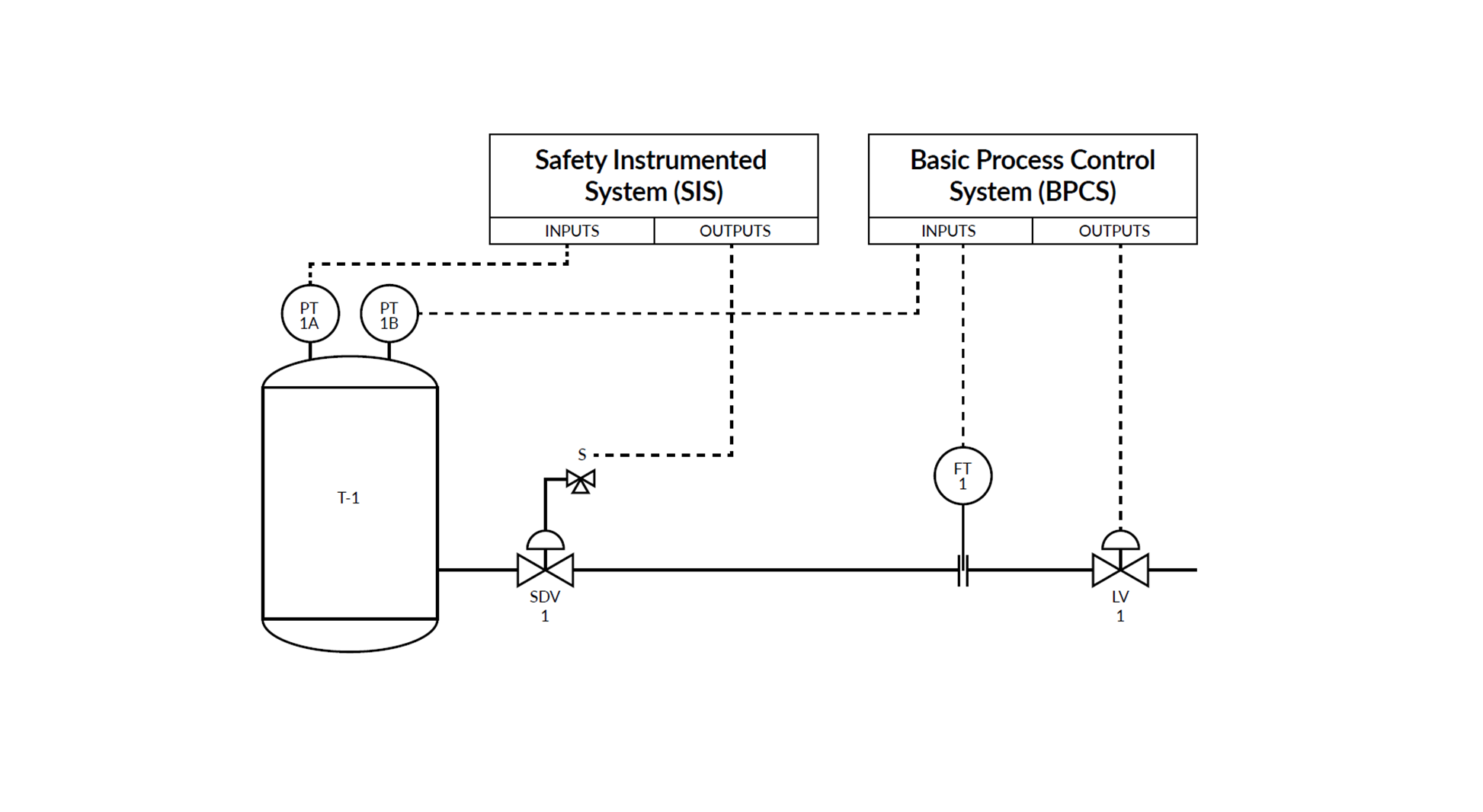
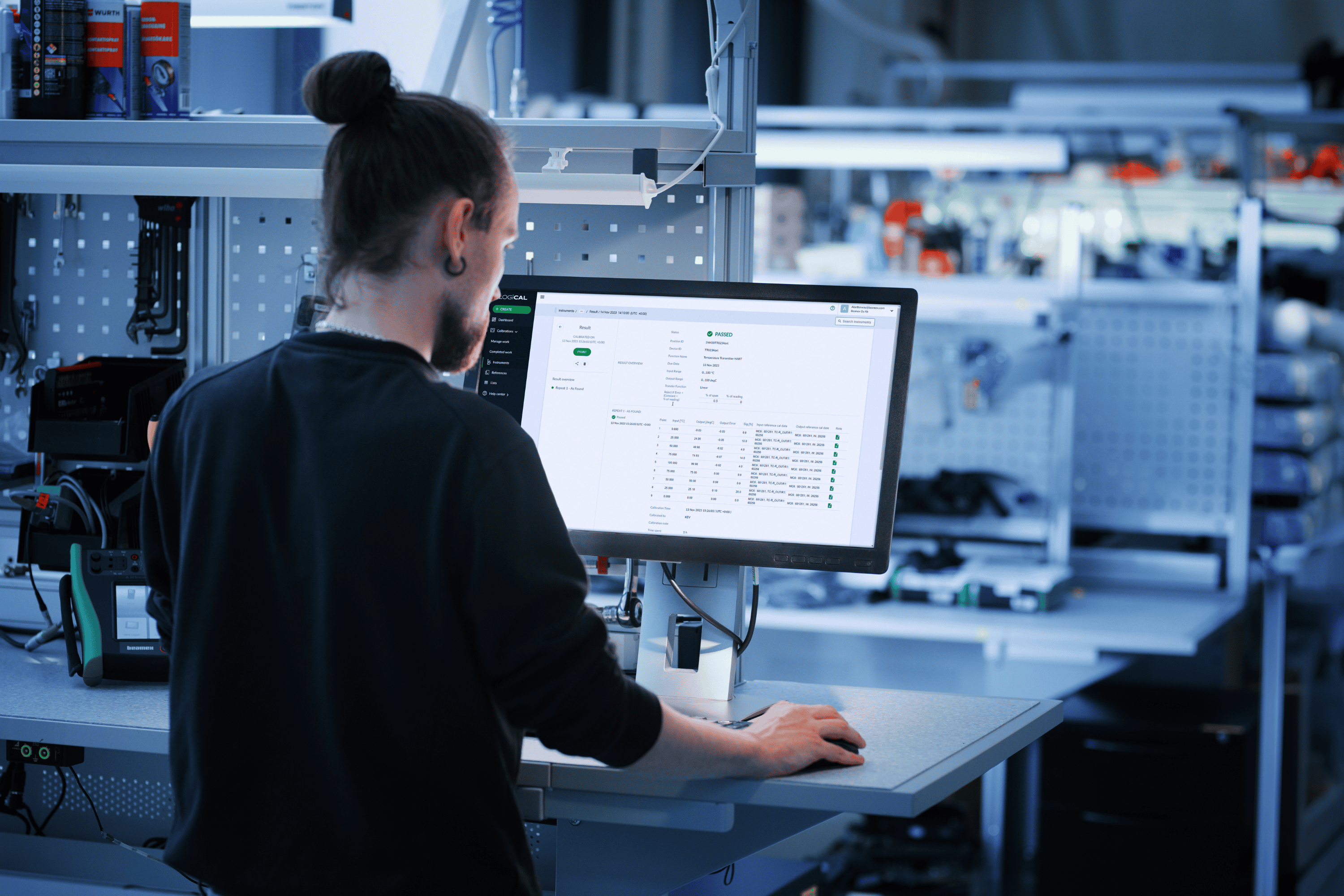
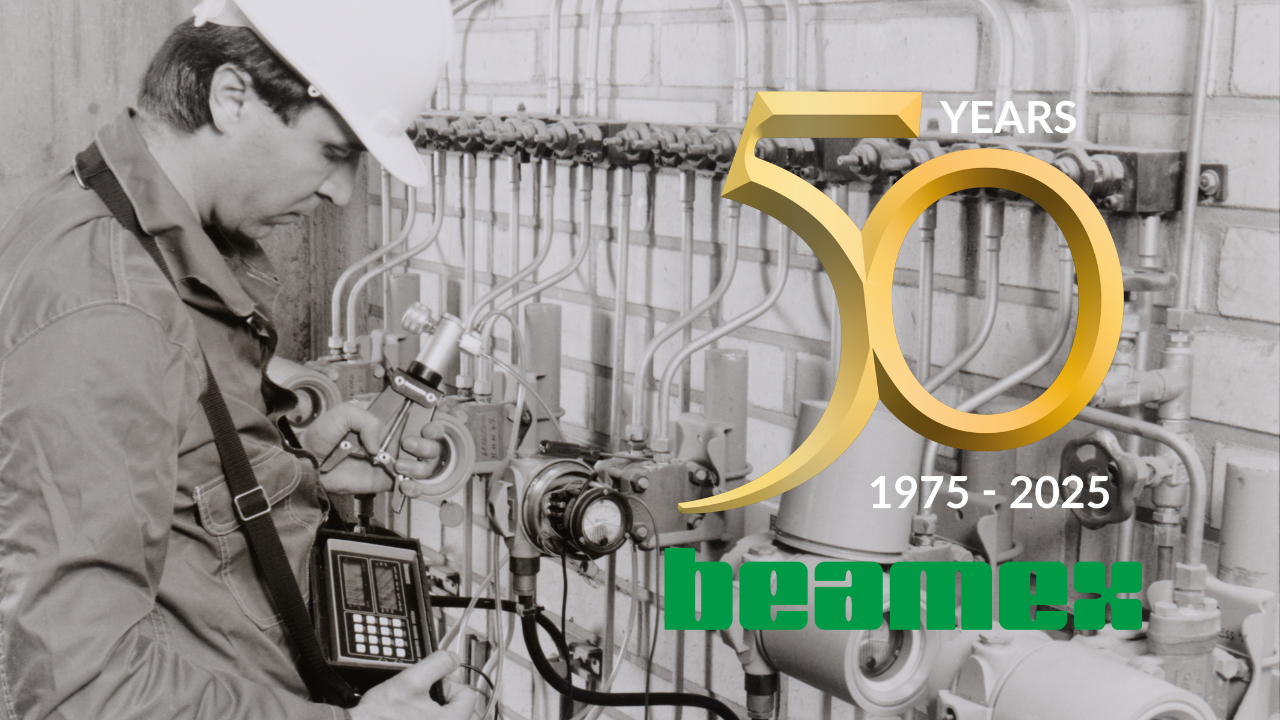
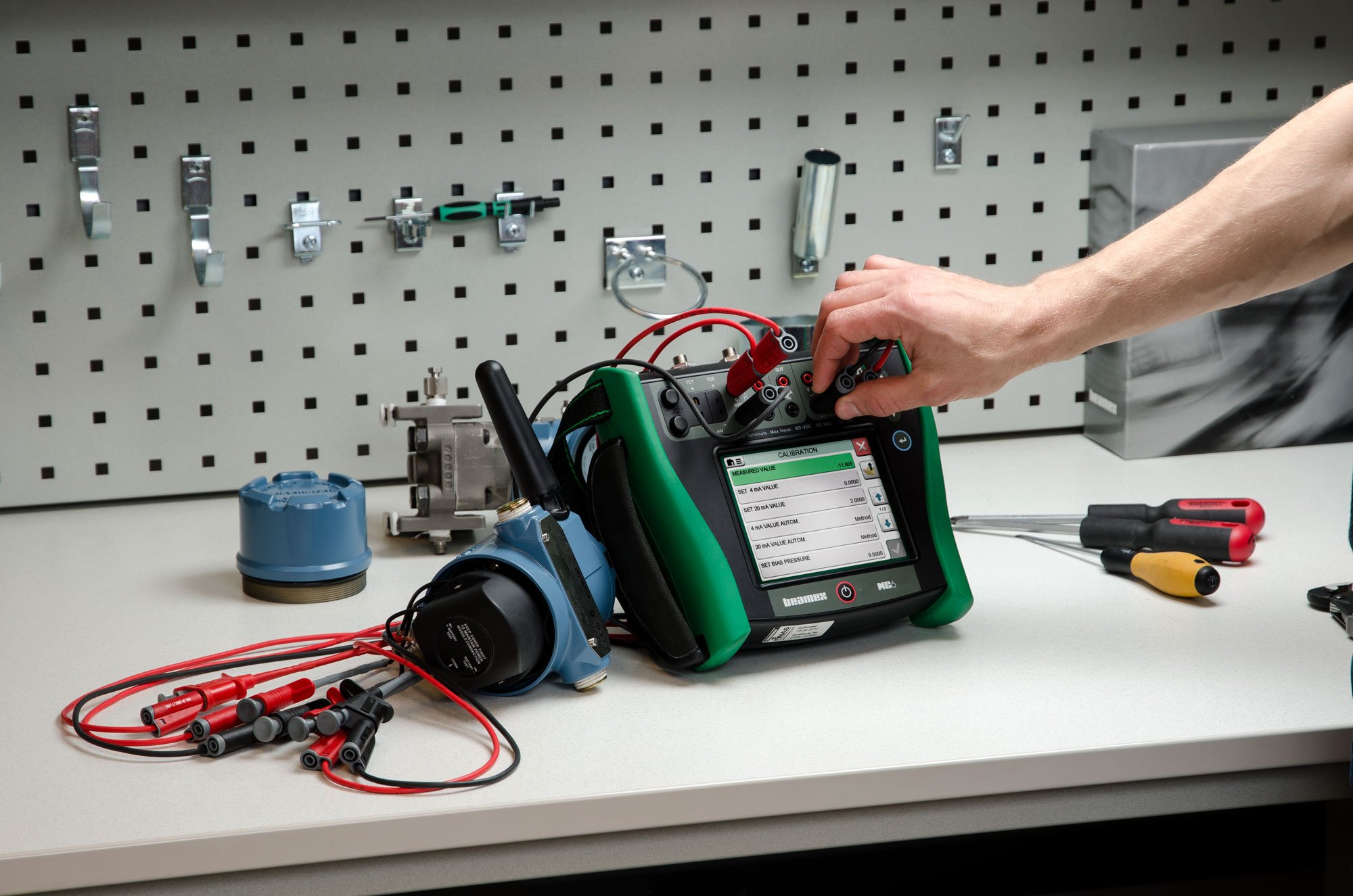

Discussion